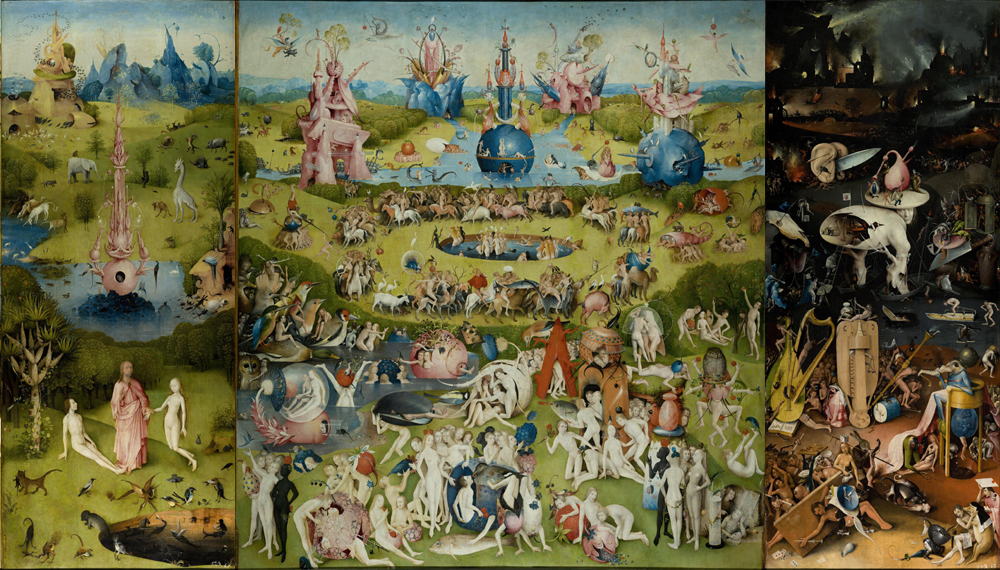PART 5: SUMMARIZING AND TYING IT ALL TOGETHER

In summary, sexuality is ambiguous. The gap between sexual desire and nature’s procreative goal is the space in which imagination has immense interpretive play. The ambiguity of the words and symbols we use to represent sexual things to each other and to ourselves and differing philosophies and world views interact with each other and with the interpretive play afforded by the vagueness of sexual experience to enable radically different interpretations of sexuality.
Of the infinite number of possible responses, two poles emerge. The World responds to the ambiguity by letting each individual interpret their own sexuality without guidance and with only such ever-diminishing restraint as the law imposes–and it claims for each person the “right” to do so. With increasingly limited exceptions, the World denies that there is anything wrong with doing whatever feels good in the moment and defies any purportedly moral authority that would constrain sexual desires. And yet everybody knows in their heart of hearts–and the popularity of miserable break up songs attests–that sex without care, commitment, or lasting emotional meaning, is inherently violent and ugly–a zombie that tears its pleasures with singleminded inanity, ungoverned and ungovernable. It is not difficult to see how porn, adultery, and casual sex participate in this violence and ugliness. In contrast, moral and healthy sex is a coherent part of a whole life, relationship, and belief system that does not set desire against wisdom or rectitude but harmonizes them, and that means a marriage-like state of mutual commitment, respect, and care.
The Church responds to the ambiguity by learning from religious tradition what God says about it and trying to conform to those teachings, including by imaginatively reconnecting sex to marriage and procreation. This is the correct approach, but the teachings are often transmitted as a list of ultra-strict “thou shalt nots” without the contextualizing that would reveal the “everlasting yes” to which these “everlasting nos” give rise and without recognizing that chastity is a thing to be learned by hard experience and long struggle and repeated repentance rather than a pristine sheet to be kept unsullied at all costs.
The Church of Jesus Christ of Latter-day Saints can do much to enable healthy sexuality and avoid the excessive guilt that in its own way can become as damning as the World’s drunken sexuality, though much less enjoyable. While I defer to those whose callings entitle them to receive revelation for the church, it seems to me that the following steps would be salutary:
- Teach the law of chastity more accurately and always in the context of marriage and parenthood.
- Relatedly, focus on Zion-building rather than self-mastery.
- Clarify that sexual sin is not categorically the third most serious sin after murder and denying the Holy Ghost.
- Acknowledge the difficulty in recognizing the line between sinless and sinful sexuality.
- Practice greater frankness in sexual matters.
- Avoid sexualizing anything not inherently sexual or defining as sinful anything that is potentially innocent to the extent practicable.





